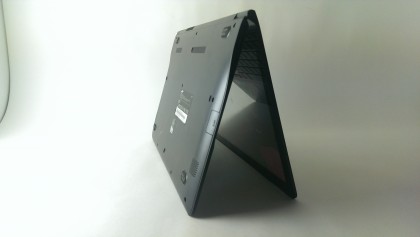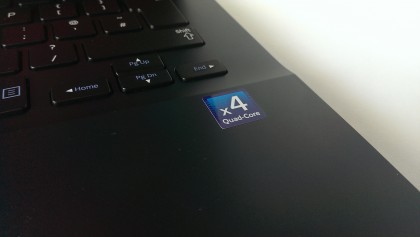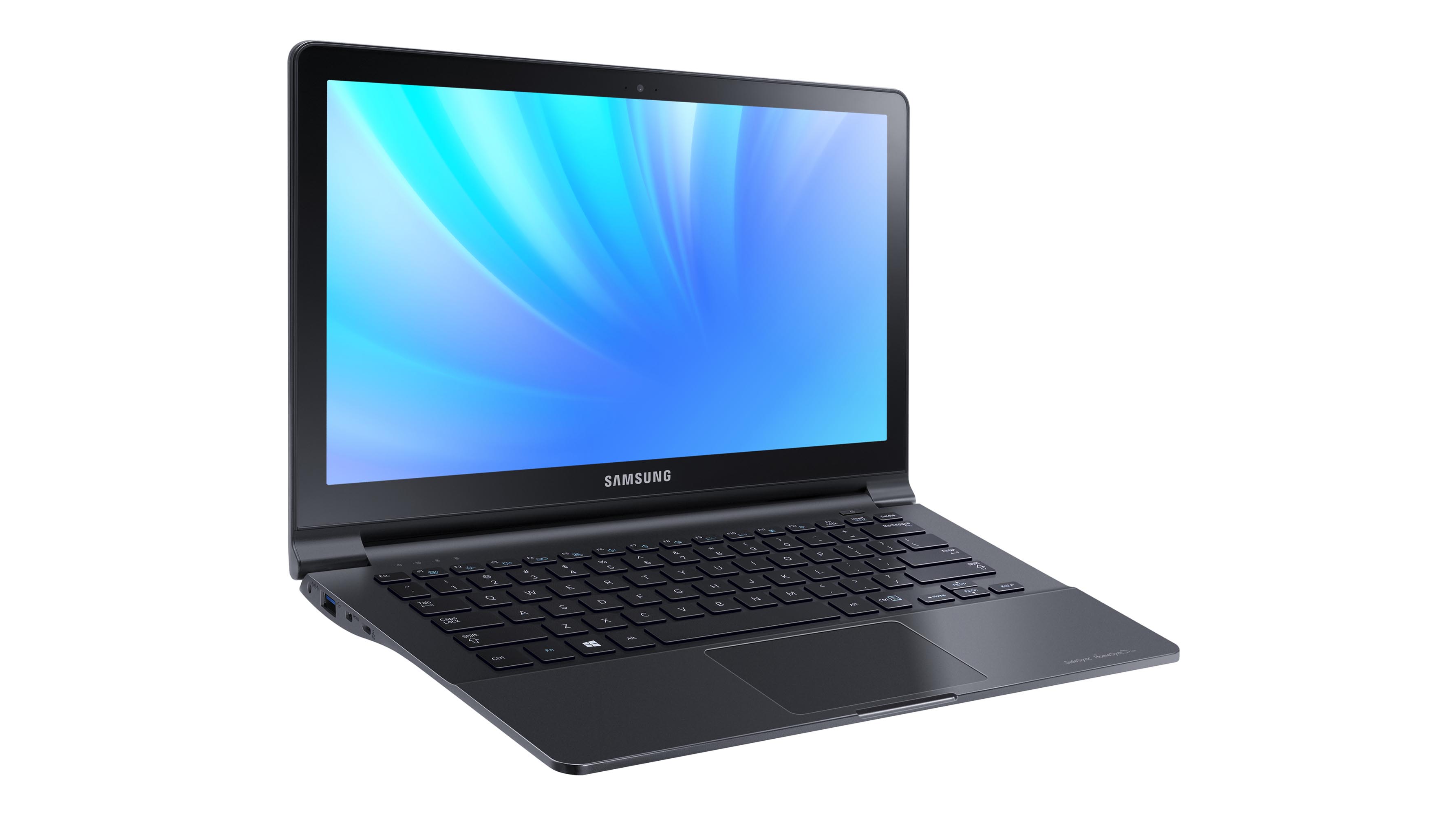Why you can trust TechRadar
Benchmarks
- Battery life – 4 hours 20 minutes
- Cinebench 11.5 - CPU – 0.96pts
- OpenGL – 9.77fps
- 3DMark Ice Storm – 17,115
- 3DMark Cloud Gate – 1438
- 3DMark Fire Strike – 280
With a white-label processor built into the Samung ATIV Book 9 Lite, we were eager to check out its performance. So how did it fare in our benchmark tests?
First we tested graphics performance using 3DMark. Scores were well below par across the three tests, with renders struggling to top 7fps, making gaming out of the question (you need around 30fps for a decent gaming experience).

Let's put those scores in context. Intel's entry-level, low-power Core i3 processor also failed miserably when it came to gaming performance, scoring 20,000 points in the first test. Consider that the Samsung scored 17,115 in the same test, and you'll have some idea of the (lack of) power on offer.
We tested SimCity on the ATIV Book 9 Lite, and while the game was playable on the lowest graphics settings, it wasn't an enjoyable experience. However, the same goes for the Acer Aspire P3, which packs an entry-level fourth-generation Intel Core processor.
Performance gulf
While the scores in the 3D tests were relatively close, the processor tests really exposed the gulf in performance. Recording a score of 0.96 in Cinebench 11.5, the Samsung ATIV Book 9 Lite's lack of processing grunt is laid bare.

The benchmark tests backed up what we saw in real-world use too. Slow and sluggish performance was evident across the operating system, and tasks as simple as loading two programs at the same time caused huge bottlenecks. In fact, installing our benchmarking software was a hard enough job in itself: the system locked up for around 10 seconds before four instances of the installation appeared at once.
Overall we were able to eke nearly four and a half hours from the Samsung's battery, which is pretty decent on a budget. (We found similar levels in the much costlier Sony VAIO Pro 13 Ultrabook.) That time extended to five or six hours while performing basic word and internet tasks, so there are positives to the Samsung's performance after all.
